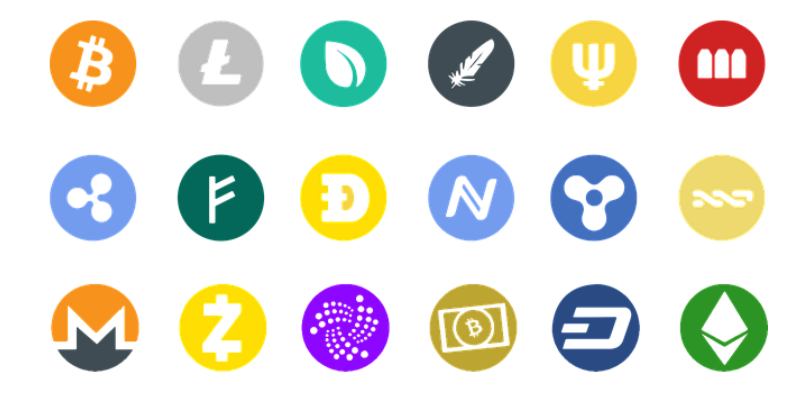Cryptocurrency
What Are Cryptocurrencies?

Cryptocurrency is simply a type of money that is created and held digitally. You might have heard about it a lot or even still do, but you are probably still unclear on what it is. Simply put, it’s a way of keeping track of your money – but without keeping paper trails or with the additional problems involved with handling physical money – such as fraud and theft. A lot of people use cryptos as an alternative to bank cash, for instance, when they don’t want to carry large amounts of cash around with them at all times. It is also quite popular among businesses since it helps reduce costs for them by making their information accessible to a wide number of customers. However, there are a lot of people who are still confused about it, so let us take a deeper look into what it is and how you can use it to your benefit.
First, a brief definition will be needed. Cryptocurrency is defined as “a digital unit that is typically managed and maintained electronically” by “an organization in which the management and maintenance of cryptographic units are done.” The most commonly used cryptographic units in the past few years have been tokens, trust models, and digital certificates. In its most basic form, a cryptocurrency is an IOU that is issued and managed by a third party. The reason why it is called “crypto” is that it works exactly like any other currency, in the same manner, that conventional money is issued and held against a monetary unit.
A token is any type of Cryptocurrency that can be used as money, as a currency, but one that has no “real” gold, silver, or other precious metals associated with it. These types of tokens are used in conjunction with smart contracts and are usually traded on the over-the-counter market (OTC). The most common tokens are bitcoin (which was the first Cryptocurrency), thorium, and lumbo. There are many upcoming tokens on the market, including ripple and gone, but the two top ones at the moment are litecoin and thorium.
A smart contract is essentially a computer program that runs on the Internet between two parties. The contract can specify anything from the transfer of ownership of a particular asset to the transfer of funds from any given wallet. Smart contract technologies will be an integral part of the decentralized Asset Management revolution that is taking place in the near future, and these programs will play a huge role in how Cryptocurrencies are transferred when they’re purchased or sold on the market.
Lastly, there are “ICO” currencies. These are new Cryptocurrency programs that were launched with the intention of raising funding for their creators. They usually end up being securities that are backed by real-world commodities, such as oil or gold. There are several currencies in circulation, including Stellar Lumineers, which are backed by Canadian dollars. Other examples include Doppler ETFs, which are backed by the German Dansk Bank, and Nasdaq-listed tokens such as Nasdaq iDice.
When it comes down to it, Cryptocurrency is really no different from regular money in that respect. Investors exchange it for one of the many different types of Cryptocurrencies available, whether that be stocks bonds or real currencies. No matter how people exchange it, the central government will always be able to control which type of Cryptocurrency is being traded and what type is being bought and sold. Even though Cryptocurrencies do not need any outside influence or approval to use, they do need a central authority. This is because the system is still largely experimental and in its early stages, only a select few countries have access to this technology.











